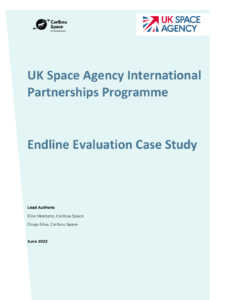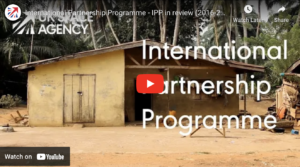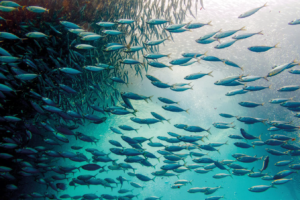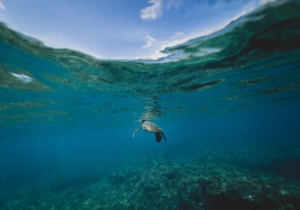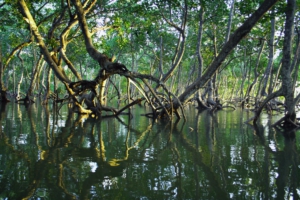Wider Economic Benefits from Satellite Earth Observation in Developing Countries
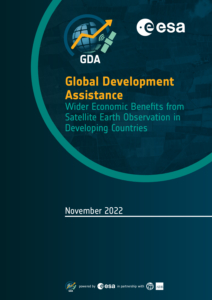
Authored by London Economics and Caribou Space. This report has been commissioned by the European Space Agency (ESA) under its Global Development Assistance (GDA) programme. GDA has a mission to accelerate impact by fully capitalising on the power of satellite Earth Observation (EO) in international development assistance operations. The GDA programme is implemented by ESA […]

